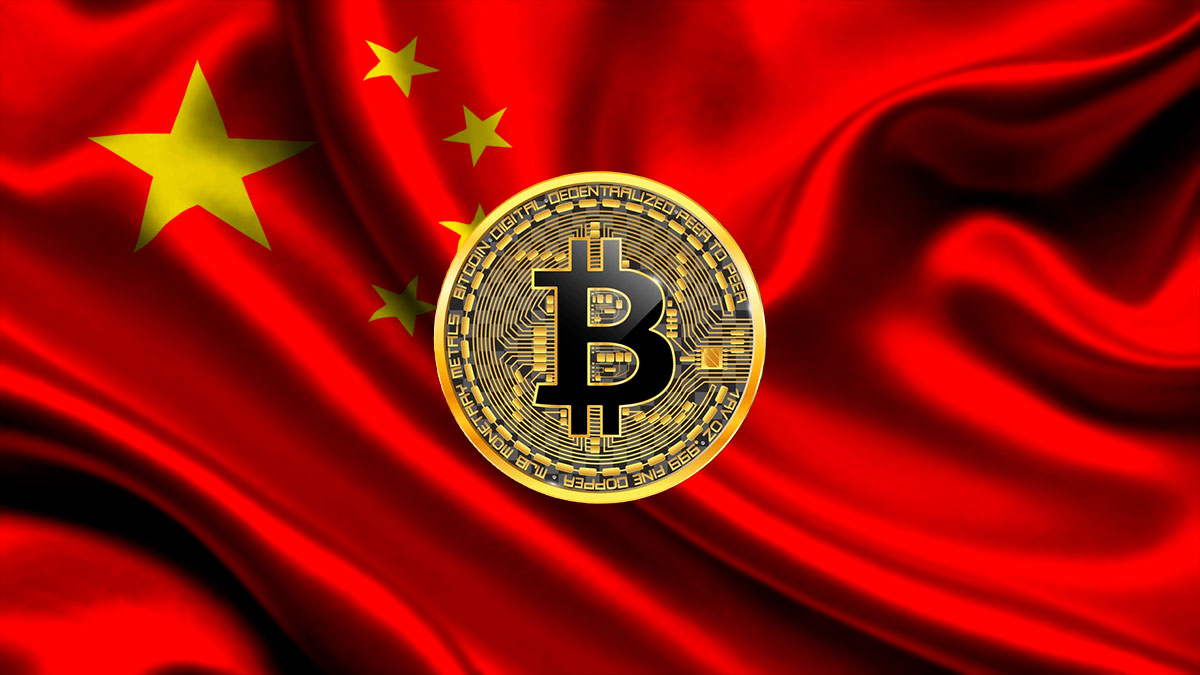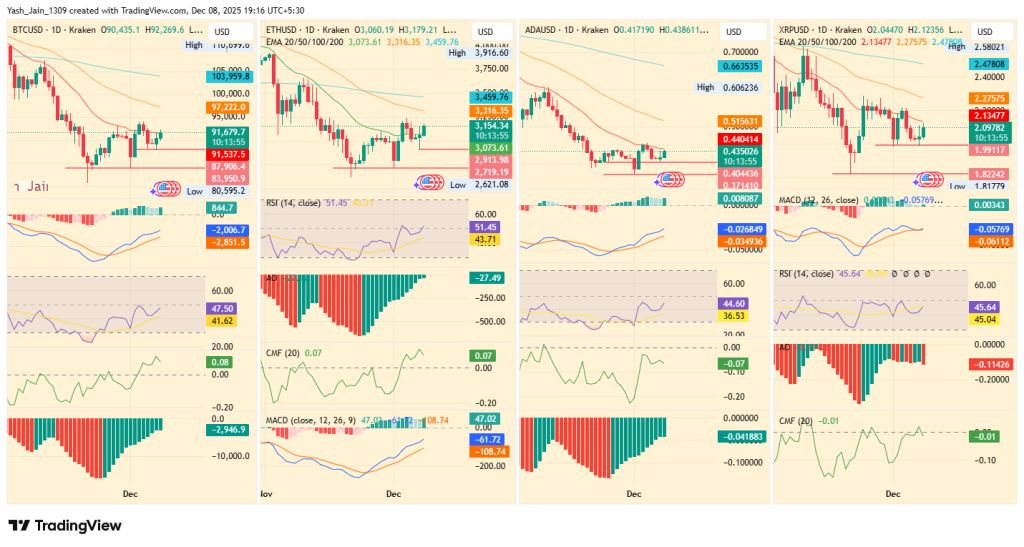Chinese financial regulators recently instructed local brokerages and research units to cease the promotion of stablecoins due to concerns over speculation and fraud. According to a Bloomberg report, the guidelines issued in early August prohibit the publication of research and the organization of seminars regarding stablecoins, impacting the altcoin sector specifically. This directive from Beijing coincides with Hong Kong advancing its framework for stablecoin issuers under a separate regime. While China aims to suppress individual investors, discussions continue about the role of dollar-pegged altcoins in cross-border finance, a topic gaining traction amid policy debates.
Regulatory Differences: Mainland vs. Hong Kong
Stablecoins, typically pegged to the US dollar and backed by cash and short-term Treasury securities, serve as payment instruments within the blockchain ecosystem. Although Chinese authorities acknowledge the increasing use of these payment tools for trading in the cryptocurrency market and for cross-border transfers, they view them as risky financial instruments.

Prior to issuing directives to brokerages, Chinese financial regulators had warned citizens about scams conducted under the guise of stablecoin investments, particularly following alerts from authorities in Shenzhen. These warnings came amidst a broader campaign to inform the public about such risks nationwide.
Hong Kong’s Approach to Stablecoins
Under the “One Country, Two Systems” principle, Hong Kong has diverged from the mainland by promoting a framework targeting stablecoin issuers. The city’s ambition to become a hub for cryptocurrencies is spearheading a distinct regulatory regime, in contrast to the mainland’s stricter controls. This dichotomy accentuates regional competition and presents diverse channels for market participants.
Furthermore, over-the-counter cryptocurrency activities in China continue to remain robust. Chainalysis has projected OTC transactions to reach approximately 75 billion dollars in the first nine months of 2024. On an international scale, the United States takes a different approach from Beijing. Last month, President Donald Trump signed the GENIUS Act, the country’s first federal stablecoin law, crystallizing the split between deterrent regulations and supportive policies.

